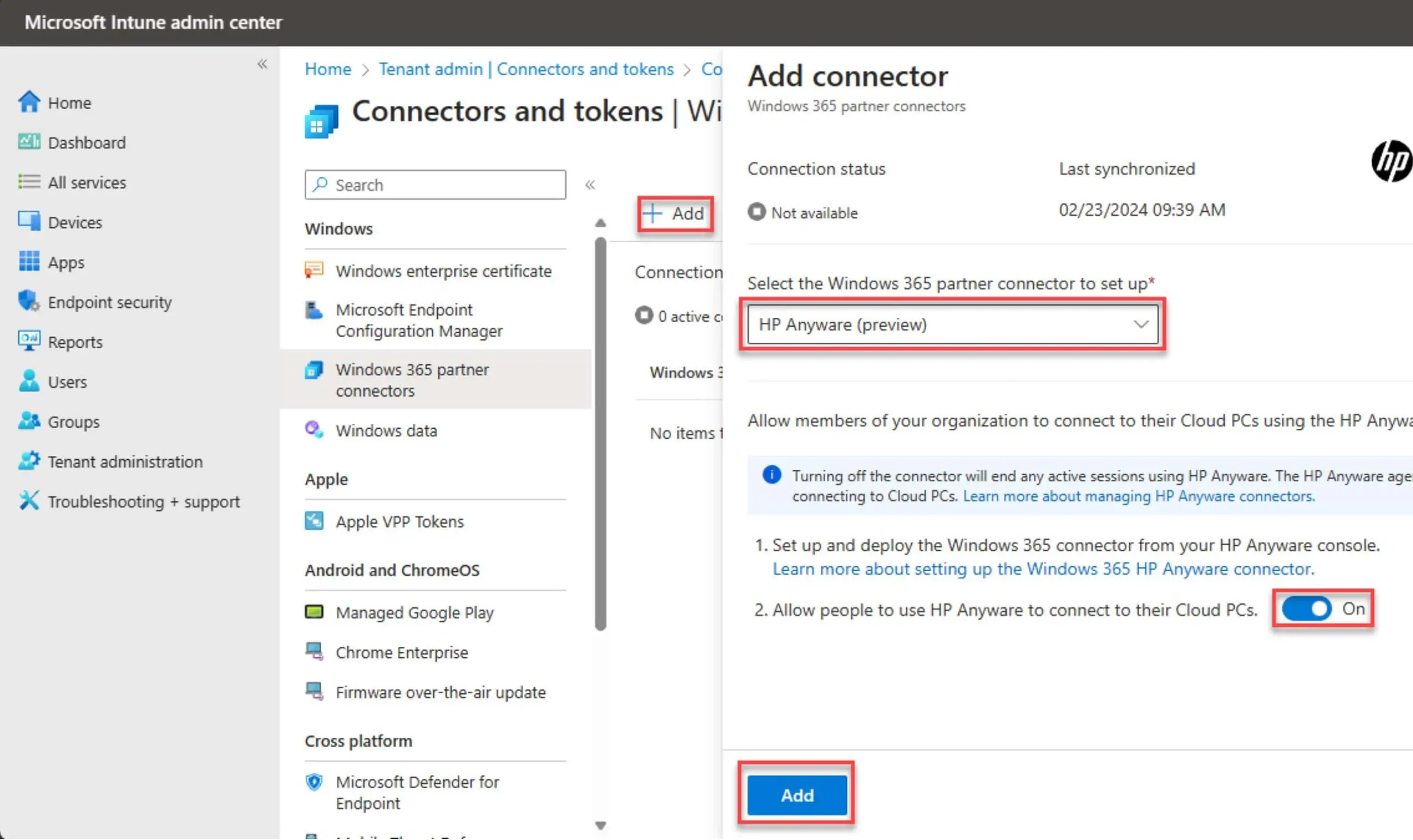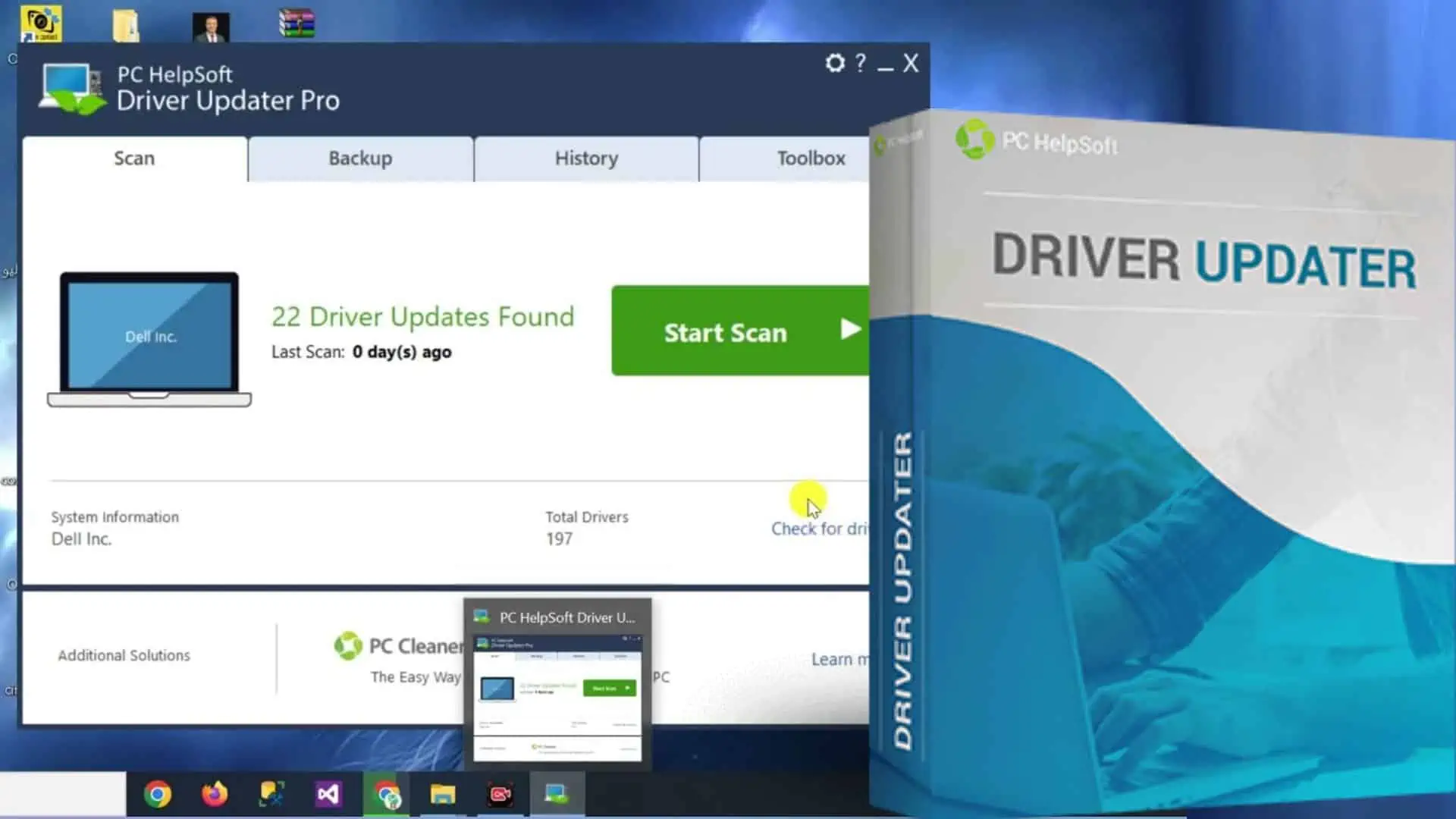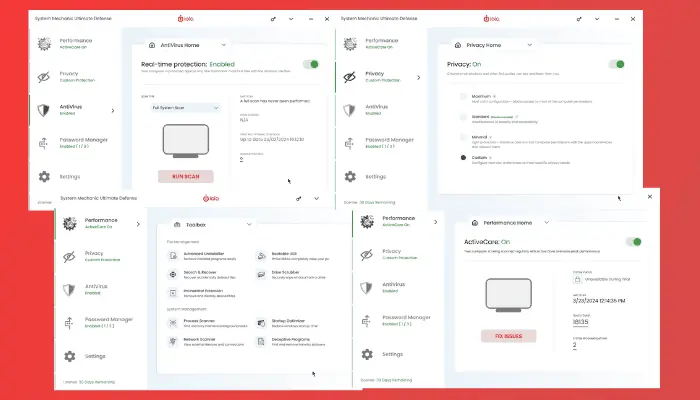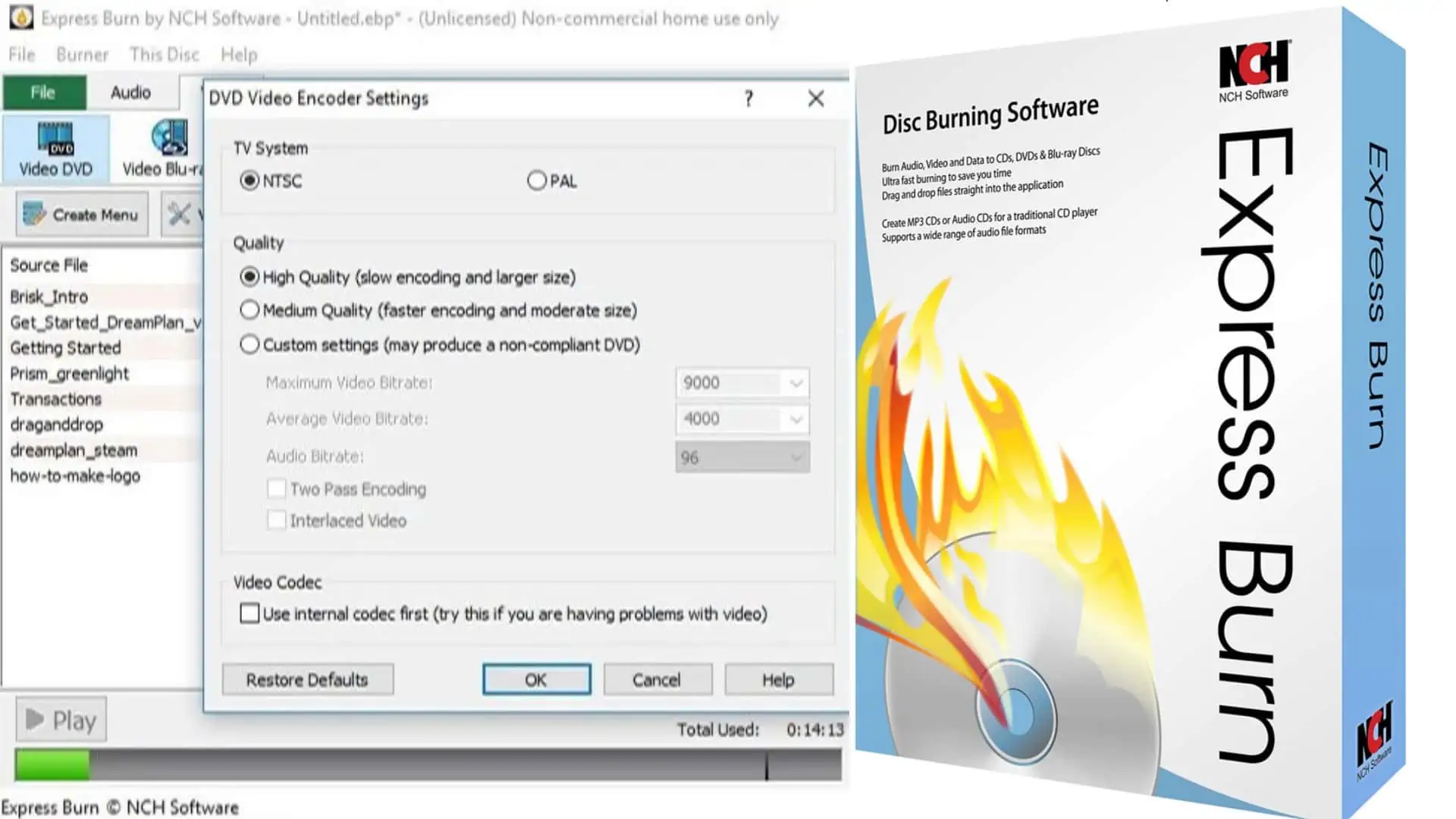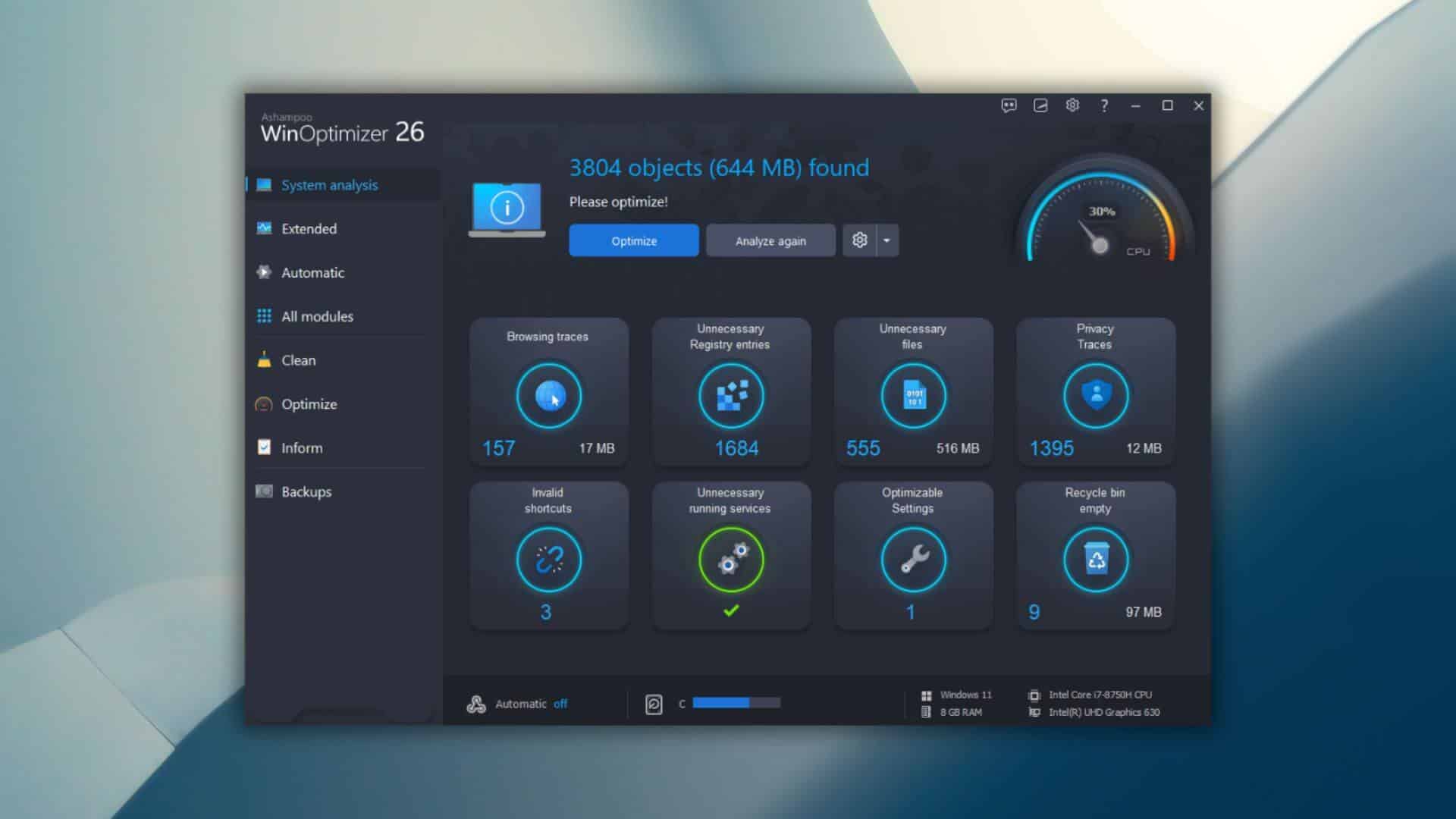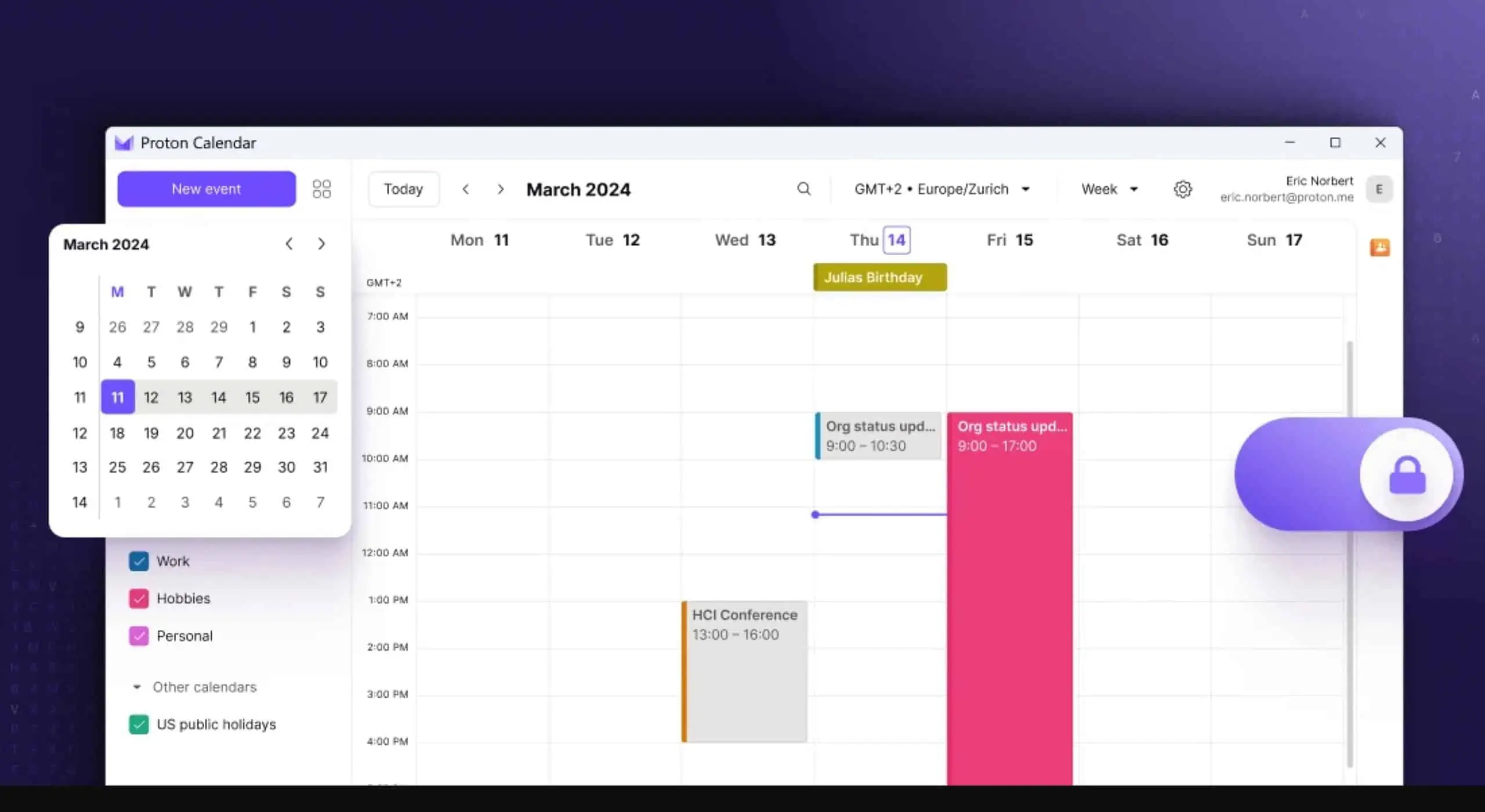Patch Tuesday updates hit Windows 7 and 8.1 PCs
5 min. read
Published on
Read our disclosure page to find out how can you help MSPoweruser sustain the editorial team Read more
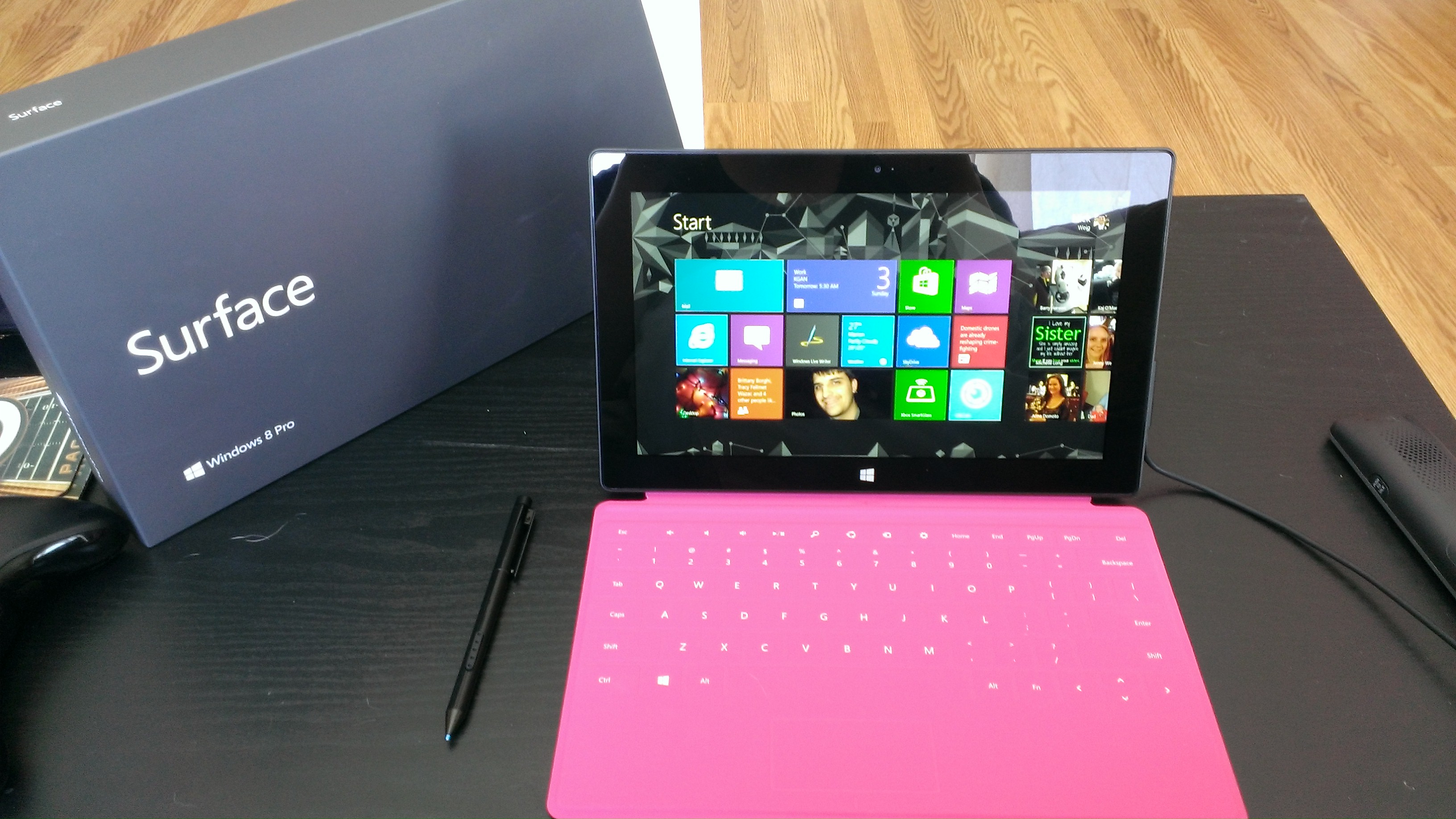
Microsoft isn’t terrible when it comes to providing support for older versions of its operating system. The Windows maker recently pushed Patch Tuesday update to users running Windows 7 and Windows 8.1. As you know, Patch Tuesday doesn’t bring any new features and is all about fixing bugs and improving the overall performance. The same goes for this update.
If you are running Windows 8.1 and Windows Server 2012 R2, then you get the KB4499151 update. It brings various fixes.
- Provides protections against a new subclass of speculative execution side-channel vulnerabilities, known as Microarchitectural Data Sampling, for 64-Bit (x64) versions of Windows (CVE-2018-11091, CVE-2018-12126, CVE-2018-12127, CVE-2018-12130). Use the registry settings as described in the Windows Client and Windows Server articles. (These registry settings are enabled by default for Windows Client OS editions, but disabled by default for Windows Server OS editions).
- Addresses an issue that may cause “Error 1309” while installing or uninstalling certain types of .msi and .msp files on a virtual drive.
- Addresses an issue that prevents the Microsoft Visual Studio Simulator from starting.
- Adds “uk.gov” into the HTTP Strict Transport Security Top Level Domains (HSTS TLD) for Internet Explorer and Microsoft Edge.
- Addresses an issue that may cause the text, layout, or cell size to become narrower or wider than expected in Microsoft Excel when using the MS UI Gothic or MS PGothic fonts.
- Security updates to Windows App Platform and Frameworks, Microsoft Graphics Component, Windows Storage and Filesystems, Windows Cryptography, Windows Datacenter Networking, Windows Wireless Networking, Windows Kernel, and the Microsoft JET Database Engine.
Don’t expect the update to be flawless as it comes with the following issues. Good news is you can fix them.
| Symptom | Workaround |
|---|---|
| After installing this update, there may be issues using the Preboot Execution Environment (PXE) to start a device from a Windows Deployment Services (WDS) server configured to use Variable Window Extension. This may cause the connection to the WDS server to terminate prematurely while downloading the image. This issue does not affect clients or devices that are not using Variable Window Extension. | To mitigate the issue, disable the Variable Window Extension on WDS server using one of the following options:
Option 1: Wdsutil /Set-TransportServer /EnableTftpVariableWindowExtension:No Option 2:
Option 3: “HKLM\System\CurrentControlSet\Services\ WDSServer\Providers\WDSTFTP\ EnableVariableWindowExtension”. Restart the WDSServer service after disabling the Variable Window Extension. Microsoft is working on a resolution and will provide an update in an upcoming release. |
| Certain operations, such as rename, that you perform on files or folders that are on a Cluster Shared Volume (CSV) may fail with the error, “STATUS_BAD_IMPERSONATION_LEVEL (0xC00000A5)”. This occurs when you perform the operation on a CSV owner node from a process that doesn’t have administrator privilege. | Do one of the following:
Microsoft is working on a resolution and will provide an update in an upcoming release. |
| Microsoft and McAfee have identified an issue on devices with McAfee Endpoint Security (ENS) Threat Prevention 10.x or McAfee Host Intrusion Prevention (Host IPS) 8.0 or McAfee VirusScan Enterprise (VSE) 8.8 installed. It may cause the system to have slow startup or become unresponsive at restart after installing this update. | We are presently investigating this issue with McAfee.
Guidance for McAfee customers can be found in the following McAfee support articles:
|
You can manually download the KB4499151 update from here.
While Windows 8.1 and Windows Server 2012 R2 are getting the KB4499151, users running Windows 7 SP1 or Windows Server 2008 R2 are receiving KB4499164. It comes with the following fixes.
- Provides protections against a new subclass of speculative execution side-channel vulnerabilities, known as Microarchitectural Data Sampling, for 64-Bit (x64) versions of Windows (CVE-2018-11091, CVE-2018-12126, CVE-2018-12127, CVE-2018-12130). Use the registry settings as described in the Windows Client and Windows Server articles. (These registry settings are enabled by default for Windows Client OS editions, but disabled by default for Windows Server OS editions).
- Addresses an issue that prevents the Microsoft Visual Studio Simulator from starting.
- Addresses an issue that may prevent applications that rely on unconstrained delegation from authenticating after the Kerberos ticket-granting ticket (TGT) expires (the default is 10 hours).
- Addresses an issue that may cause the text, layout, or cell size to become narrower or wider than expected in Microsoft Excel when using the MS UI Gothic or MS PGothic fonts.
- Security updates to Windows App Platform and Frameworks, Microsoft Graphics Component, Windows Storage and Filesystems, Windows Cryptography, Windows Wireless Networking, Windows Kernel, Windows Server, and the Microsoft JET Database.
It also has some known issues, which are listed below.
| Symptom | Workaround |
|---|---|
| Microsoft and McAfee have identified an issue on devices with McAfee Endpoint Security (ENS) Threat Prevention 10.x or McAfee Host Intrusion Prevention (Host IPS) 8.0 or McAfee VirusScan Enterprise (VSE) 8.8 installed. It may cause the system to have slow startup or become unresponsive at restart after installing this update. | We are presently investigating this issue with McAfee.
Guidance for McAfee customers can be found in the following McAfee support articles:
|
You can manually download the update from here.
Via: Neowin

